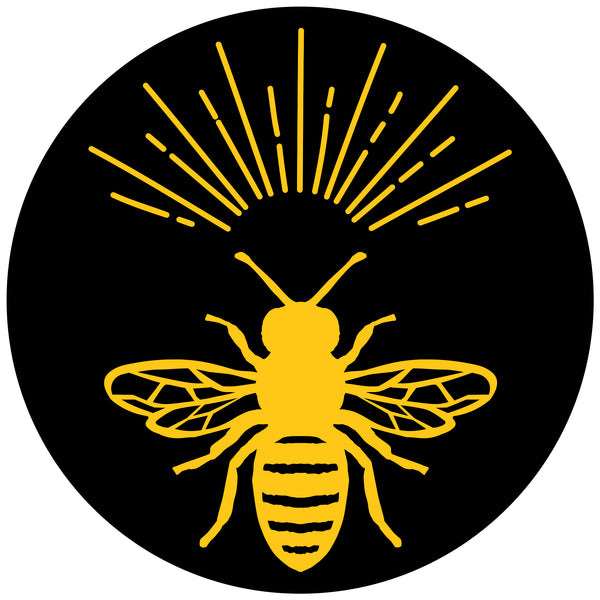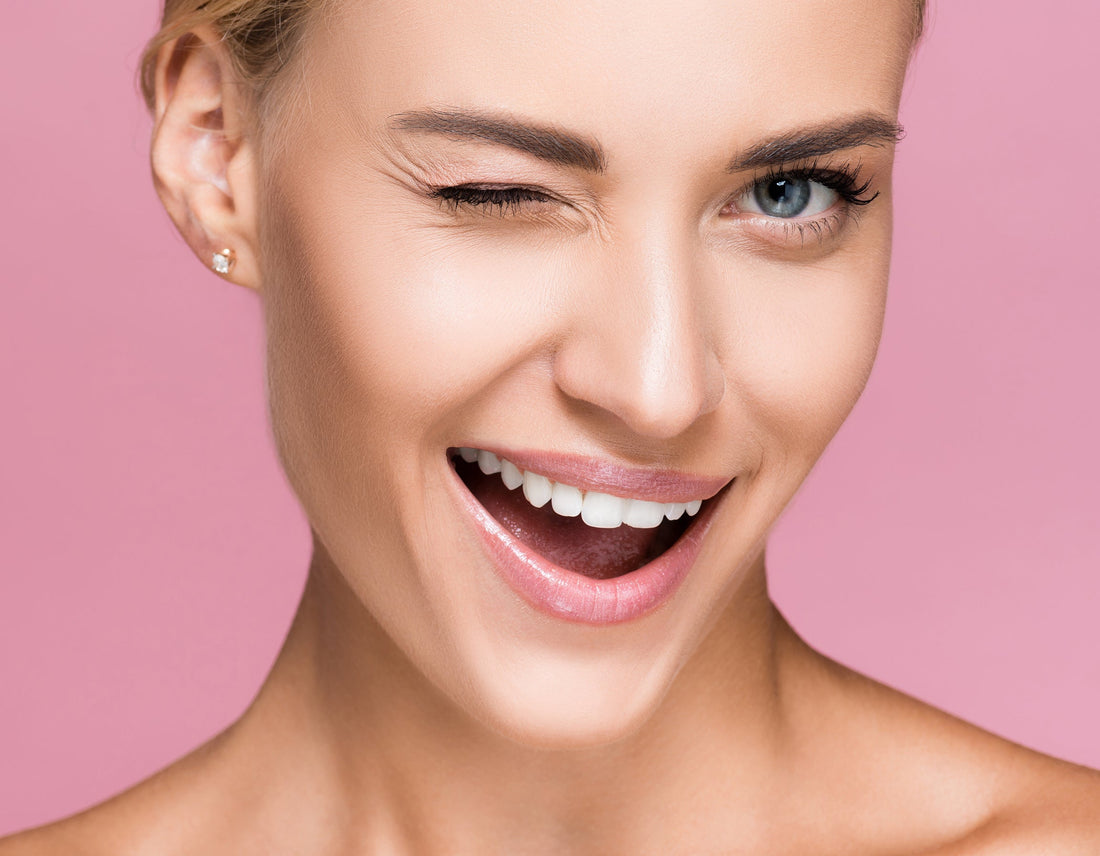Nature’s Superfood for Skin Health
For centuries, natural remedies have been used to support glowing, healthy skin. Among them, bee pollen is emerging as a nutrient-rich powerhouse. Known as nature’s multi-nutrient supplement, bee pollen contains a unique combination of vitamins, minerals, amino acids, antioxidants, and enzymes that nourish the body from within. When included as part of a daily diet, it supports skin repair, elasticity, hydration, and overall radiance.
Key Nutrients in Bee Pollen That Support Skin
Bee pollen’s wide spectrum of nutrients makes it exceptionally beneficial for skin health. Each component contributes to maintaining clear, youthful, and resilient skin:
-
Antioxidants (Flavonoids, Carotenoids, Phenolic compounds): Help defend against free radical damage, a major contributor to premature aging, wrinkles, and uneven skin tone.
-
B Vitamins (especially B1, B2, B3, and Biotin): Play vital roles in energy metabolism and skin regeneration, supporting a fresh, healthy glow.
-
Vitamin C and E: Assist in collagen production and protect skin from oxidative stress, helping to maintain elasticity and a smoother texture.
-
Minerals (Zinc, Selenium, Magnesium, Potassium): Essential for repairing skin tissue, regulating oil production, and calming acne-prone or irritated skin.
- Essential Amino Acids: Provide the building blocks for structural proteins like collagen and elastin, vital for firmness and youthful bounce.

How Bee Pollen Promotes Radiant Skin
-
Improves Skin Hydration
Bee pollen contains natural sugars and amino acids that help the skin retain moisture. This hydration from within promotes a soft, supple complexion.
-
Supports Collagen Formation
Collagen is the protein that keeps skin firm and youthful. With its high vitamin C, amino acid, and antioxidant profile, bee pollen supports natural collagen synthesis and helps slow down visible signs of aging.
-
Reduces Inflammation and Redness
Due to its natural anti-inflammatory properties, bee pollen may assist in calming skin irritations, reducing redness, and supporting healthy recovery from environmental stressors such as pollution or sun exposure.
-
Fights Premature Aging
Free radicals from UV rays, alcohol, and toxins contribute to dull, tired-looking skin. Bee pollen’s antioxidant compounds neutralise free radicals, helping prevent fine lines, dark spots, and early aging.
-
Promotes Even Skin Tone
The rich blend of B vitamins and minerals in bee pollen assists in balancing oil production and fostering cellular renewal, which may reduce blemishes and support a more even complexion.

Why Choose Helio Hive’s Western Australian Bee Pollen
Not all bee pollen is alike. Helio Hive’s bee pollen, harvested from Western Australia’s pristine landscapes, has unique advantages that amplify its benefits for skin:
-
Sourced from diverse native flora: The extraordinary biodiversity creates a pollen rich in antioxidants and micronutrients.
-
Chemical-free environment: Western Australia’s low-pollution ecosystems ensure a clean and pure supplement with no contaminants.
-
Thriving honeybee populations: Healthy bees produce high-quality pollen that retains its delicate enzymes and nutrients.
- Superior freshness and texture: Helio Hive’s golden granules are light, fluffy, and rich in natural aroma, making it easy to incorporate into daily health routines.
These factors combine to deliver a pollen that nourishes the skin more effectively than products from regions with less floral diversity or polluted environments.


How to Incorporate Bee Pollen for Skin Benefits
Adding bee pollen to your daily routine is simple:
- Sprinkle granules over smoothies, yogurt, or oatmeal.
- Blend into juices for a refreshing wellness boost.
- Use as a salad topper for a nutrient-rich crunch.
Topical Use: How to Apply Bee Pollen for Skin Health
Bee pollen’s benefits aren’t limited to ingestion, topical use can deliver powerful results for various skin concerns.
Creams and Lotions: Many commercial and boutique skincare products use bee pollen extracts (usually 0.5–5%) for antioxidant protection, barrier support, and soothing effects. These are ideal for daily routines and can reinforce resilience against pollution and dryness.
DIY Face Masks: Mix bee pollen powder with ingredients like honey or aloe vera to make a nourishing mask. Apply to cleansed skin, leave for 15–20 minutes, then rinse. This can brighten complexion, hydrate, and reduce redness.
Serums and Spot Treatments: Look for serums with bee pollen as a key ingredient, or make a gentle spot paste by blending bee pollen with rosewater for areas of irritation or acne.

A simple way to include it in your beauty routine is by making a natural skin cream:
DIY Bee Pollen Face Cream
- 1 tablespoon finely ground Helio Hives bee pollen
- 2 tablespoons raw honey (natural humectant for moisture)
- 1 tablespoon coconut oil or jojoba oil (nourishing base oil)
- A few drops of vitamin E oil (for extra antioxidant protection)
Instructions:
- Grind bee pollen granules into a fine powder.
- Gently warm the coconut oil until just melted.
- Mix in honey, ground pollen, and vitamin E oil until well combined.
- Transfer into a clean jar and refrigerate to set into a cream.
Apply a thin layer to cleansed skin once or twice a week as a hydrating, nutrient-rich mask. Rinse off with warm water after 15–20 minutes.
This topical application delivers antioxidants, amino acids, and anti-inflammatory compounds directly to the skin’s surface, complementing the nutritional benefits of consuming bee pollen internally.

Safety Tips and Precautions
-
Patch Testing: Before trying a new product or homemade remedy with bee pollen, conduct a patch test on a small skin area. Wait 24 hours to check for reactions, especially if prone to allergies.
- Consultation: Those with a history of allergies to pollen or bee products should consult their healthcare provider before use.
Bee pollen is an exceptional natural superfood that supports skin hydration, elasticity, even tone, and radiance from the inside out. Packed with antioxidants, essential vitamins, minerals, and amino acids, it provides the body with the nutrition needed to maintain youthful, glowing skin.
With its unmatched purity and nutrient density, Helio Hive’s Western Australian bee pollen is a premium choice for those seeking natural ways to enhance skin health. By integrating it into your diet, you’re not only nourishing your body but also cultivating radiant, beautiful skin that reflects vitality and wellness.

